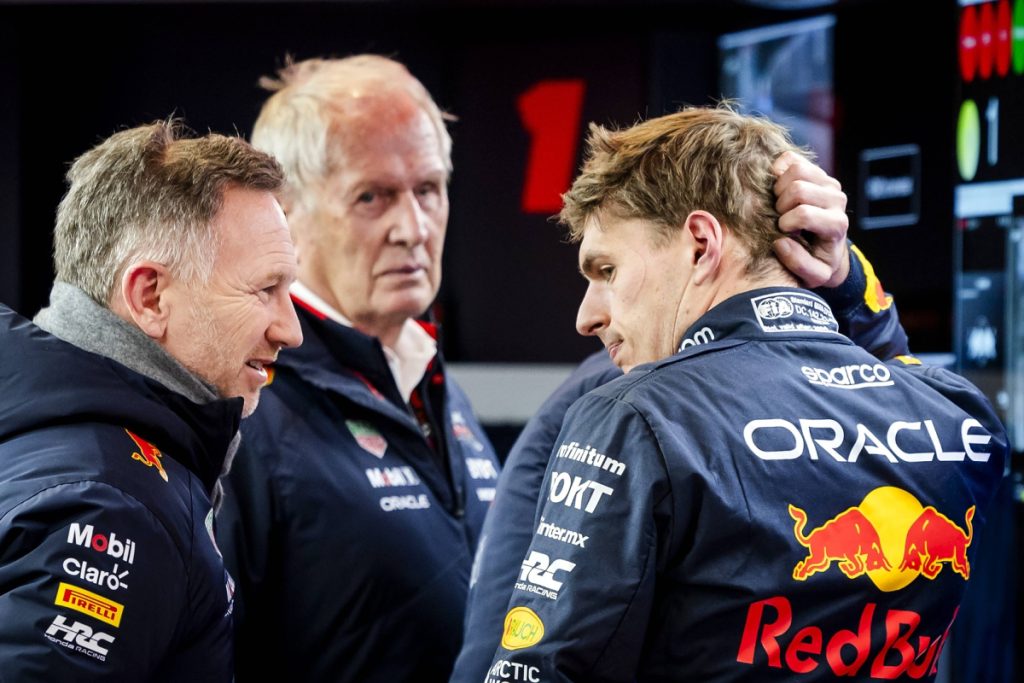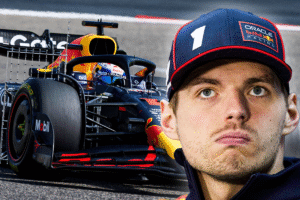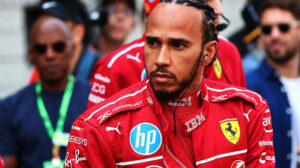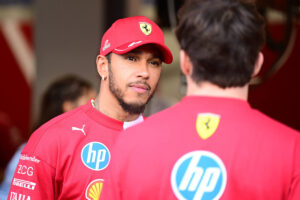Breaking news:Red Bull’s Helmut Marko Calls for Some F1 Tracks to be Banned…read more

- Red Bull’s Helmut Marko Calls for Some F1 Tracks to be Banned…read more
Helmut Marko, a key figure at Red Bull Racing, has made a bold suggestion regarding the future of Formula 1, calling for the exclusion of certain tracks from the sport’s calendar. Marko, who has been involved with Red Bull Racing since the team’s inception in 2005, has seen the sport evolve significantly over the years. His long tenure has seen immense success, with Red Bull securing multiple drivers’ championships through legends like Sebastian Vettel and Max Verstappen, and several constructors’ titles. As a result of this success, Red Bull has cemented itself as a dominant force in Formula 1.
Formula 1’s growth has been particularly noticeable since Liberty Media took over the sport in 2017. The calendar has expanded, and F1 has become more popular worldwide, with increasing interest from fans and commercial stakeholders. The 2024 season, for example, is set to be the longest in F1 history, featuring 24 races spread across 21 countries. This expansion has made the sport more global, but also more demanding for both the teams and the drivers.
Marko, who is closely involved in Red Bull’s operations, commented on the overwhelming nature of the modern Formula 1 calendar, stating that the current number of races may not be sustainable in the long run. He acknowledged that while the sport has grown in both prestige and reach, the physical and mental strain on those involved, including team members and drivers, is becoming increasingly difficult to manage.
In a recent interview with Austrian broadcaster ORF, Marko explained his concerns about the calendar and suggested that some circuits may need to be removed from the schedule. He pointed out that F1 now includes many new and exciting venues, but these newer tracks lack the rich motorsport culture of some of the sport’s more historic and iconic circuits. According to Marko, venues like Spa-Francorchamps in Belgium and Monza in Italy are steeped in tradition and history, offering more than just thrilling racing; they provide a unique cultural atmosphere that newer tracks do not.
While Marko recognized that newer races can provide spectacular entertainment, he emphasized the importance of balancing these events with tracks that carry significant cultural weight. For him, the sport should ensure that it maintains a connection to its heritage. He argued that the modern calendar, with its mix of new and old races, requires careful consideration of which tracks should remain and which could be excluded. He suggested that the sport should perhaps prioritize its more historically significant venues over newer races that may not add the same level of value to the overall experience of F1.
Additionally, Marko discussed the sheer workload that the 2024 calendar imposes on the teams and drivers. The long season, with its relentless schedule, has led to increasing fatigue, and Marko believes that this is an issue that needs to be addressed. He hinted that F1 might need to adopt solutions such as using two driver line-ups in order to alleviate the pressure on individual drivers. This would allow teams to manage their resources more effectively and ensure that drivers are not overburdened during the extended season.
Marko’s comments come after a dominant season for Red Bull, where Max Verstappen secured his fourth consecutive drivers’ title, despite the team facing challenges in the constructors’ championship. Verstappen’s remarkable consistency and speed helped him achieve nine race victories over the season, solidifying his position as one of the sport’s all-time greats. He is now third on the list of F1’s all-time race winners, a testament to his extraordinary talent and Red Bull’s performance in recent years.
Despite their success, Marko’s remarks reflect broader concerns within the F1 community regarding the increasing length and complexity of the sport’s calendar. The pressures on teams, drivers, and other staff members are becoming more pronounced as the sport’s global footprint continues to expand. Marko’s call to reconsider the number of races and possibly eliminate certain events is part of a wider debate about how to balance F1’s growth with the well-being of everyone involved.
Ultimately, Marko’s views highlight a growing concern within F1 about maintaining a balance between tradition and progress, and ensuring that the sport’s increasing commercial success does not come at the cost of its legacy or the well-being of its participants. As the sport heads into a new era, it will be interesting to see how the calendar evolves and whether Marko’s suggestions about certain races being banned gain traction. The discussion about the future of F1 is likely to continue, with the opinions of influential figures like Marko shaping the direction of the sport in the years to come.






